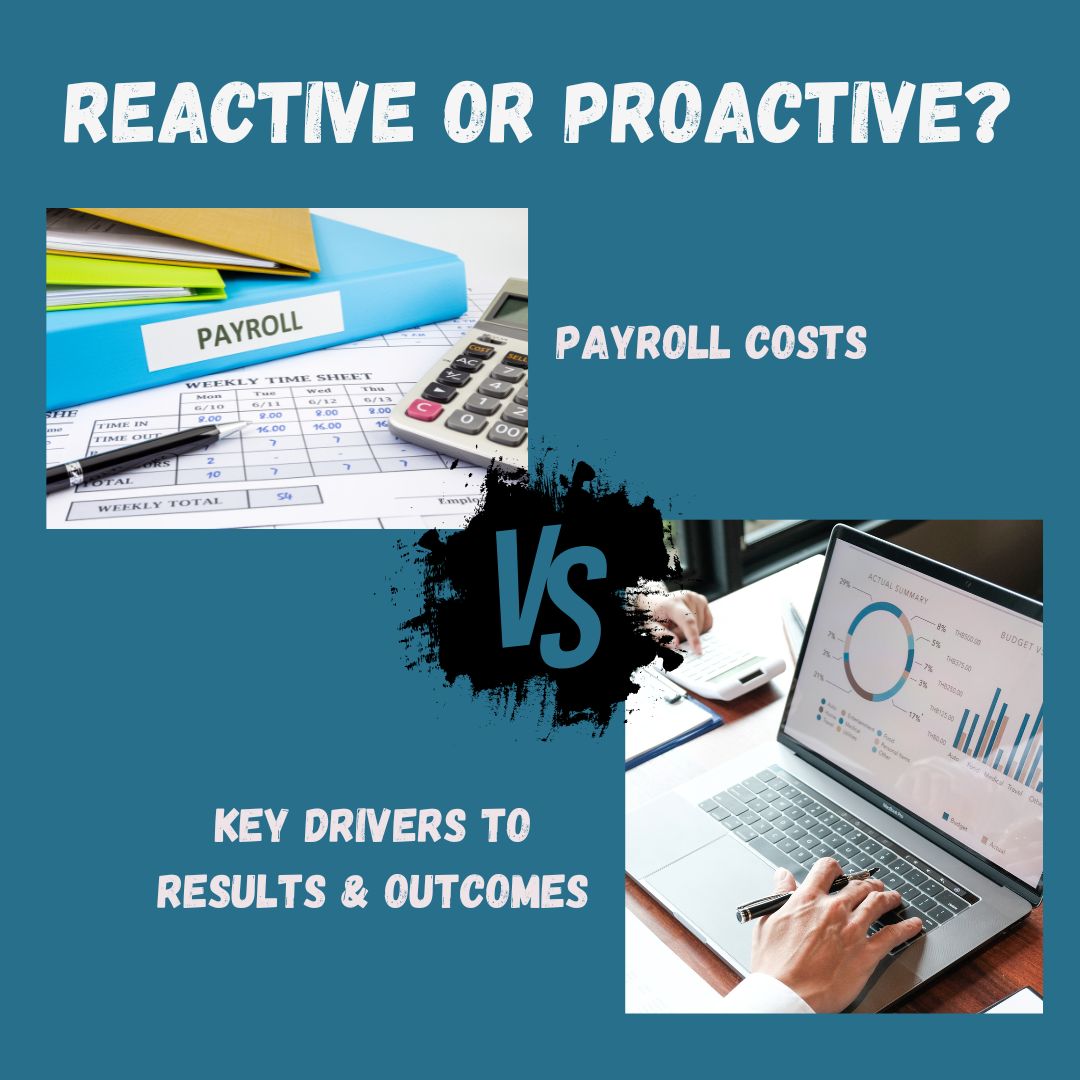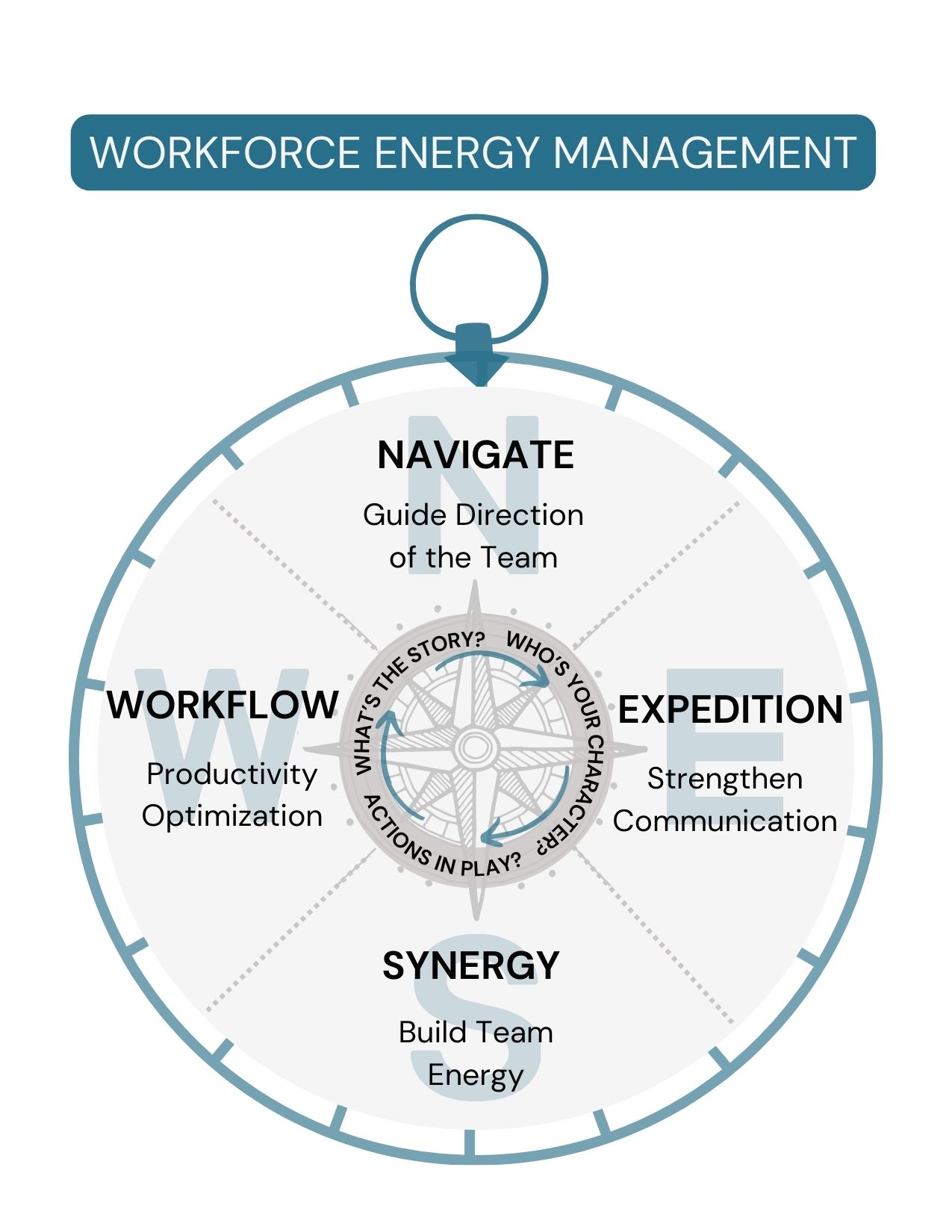People Metrics - What Behaviors Are You Grooming?
May 19, 2025What you measure shapes behavior. What you reward grows. What you focus on grooms culture.
And nowhere is that more obvious than in how we track people. Many orgs say they want productivity, innovation, and engagement. But then we measure: hours logged, payroll costs, PTO days taken, seat time vs. actual contribution.
Tracking hours doesn’t tell you who’s adding value. It tells you who’s present. Not who’s productive.

A better metric? Track value-driven behaviors. Here are a few examples I guide clients on:
Workflow Clarity & Goal Alignment
What it tracks: % of individual tasks that align directly to team or org goals
How to calculate:
Cross-Functional Collaboration
What it tracks: Number of tasks or projects involving cross-functional collaboration
How to calculate: Collaborative Projects ÷ Total Projects or Key Tasks × 100
Example: 15 out of 30 projects involve at least 2 departments = 50% collaboration
Why it matters: Multi-perspectives leads to smarter solutions and stronger relationships
Feedback Effectiveness
What it tracks: % of feedback (upward, peer, customer) that results in a visible action
How to calculate: Feedback Followed by Action ÷ Total Feedback Received × 100
Why it matters: Encourages speaking up when employees know their voice leads to change
Implementation tip: Track feedback, log decisions or actions taken, report back in team meetings
When you measure what fuels healthy, sustainable productivity, you get more of it. When you only measure costs and control, you groom burnout and disengagement.
This is Workforce Energy Management in action. When we feed energy into output with purpose, teams thrive. When we feed energy into proving worth or surviving the clock, we stay stuck.
Measure what matters. Not just what’s easy to count.
Let's have a more meaningful discussion of what metrics move results for your organization: Schedule Here


